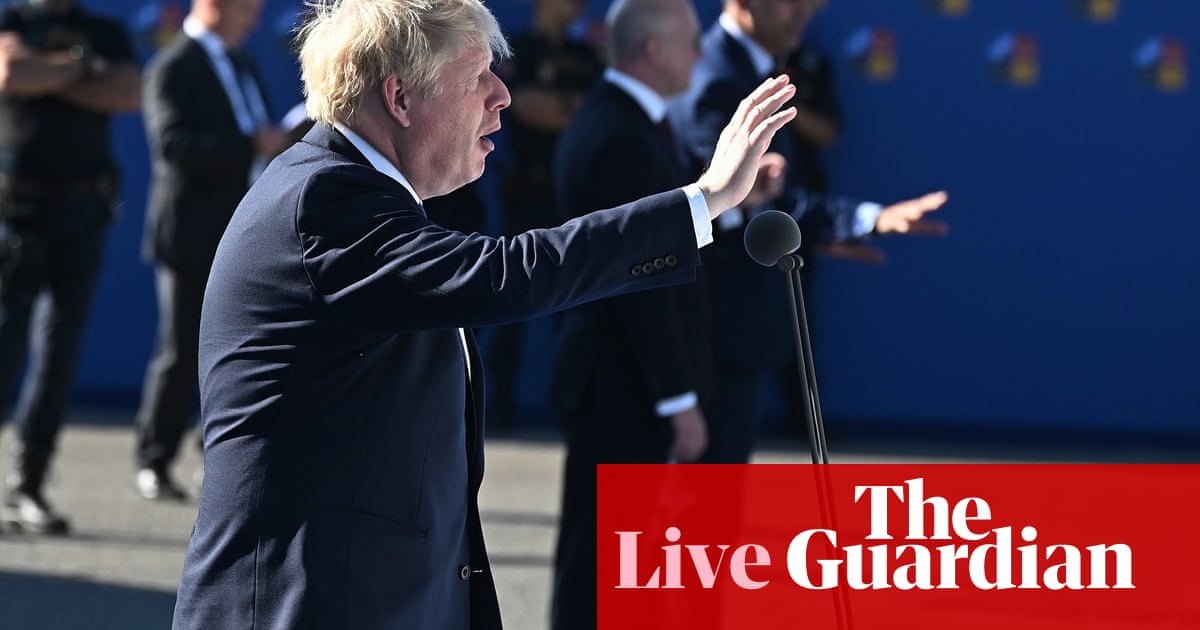Ben Wallace plays down talk of rift with Boris Johnson over defence spending – UK politics live - 3 minutes read

The Commons privileges committee has issued a statement after its first meeting to consider its inquiry into whether Boris Johnson lied to MPs about Partygate. It has issued a wide-ranging call for evidence, and it is inviting whistleblowers to give evidence anonymously if they want.
This provision seems intended to encourage civil servants working in No 10, who may have heard Boris Johnson reveal in private that he knew more about Downing Street partying during lockdown then he let on to MPs, to come forward.
The committee has also elected Harriet Harman, the former Labour deputy leader, as its chair. This had been expected.
And it has said that it will start taking oral evidence in the autumn. It has not said yet whether or not these sessions will be in public or in private. (Standards committee inquires into misconduct by individual MPs hear evidence in private.)
This suggests that the final report may not come until the end of the year, or later. At one point it was thought it could report in the autumn.
Here is an extract from the news release.
Following its first meeting to consider the matter referred to it, the committee is calling for evidence submissions and accounts from those with knowledge of events related to the inquiry. Specifically, the committee is seeking witness information and evidence which would enable it to determine whether or not [Boris Johnson] misled the house. The committee noted this may include evidence of: -Mr Johnson’s knowledge of the activities in 10 Downing Street and the Cabinet Office under Covid regulations, from the occurrence of those events until now; -any briefing given to, or inquiries made by, Mr Johnson relating to those events. The committee will take a range of evidence in the course of the inquiry, including written and oral evidence. The committee also confirmed it would be willing to take oral or written evidence from people who wish to remain anonymous, subject to the chair being able to identify the individual’s identity in conjunction with committee staff, as well as the relevance and probity of their evidence.
The committee also said Sir Ernest Ryder, a former Lord Justice of Appeal, will serve as an adviser to the inquiry. This is in line with a recommendation from a review of the way the standards committees carries out inquiries into MPs; an external legal adviser could make the system fairer, the review said.
Source: The Guardian
Powered by NewsAPI.org